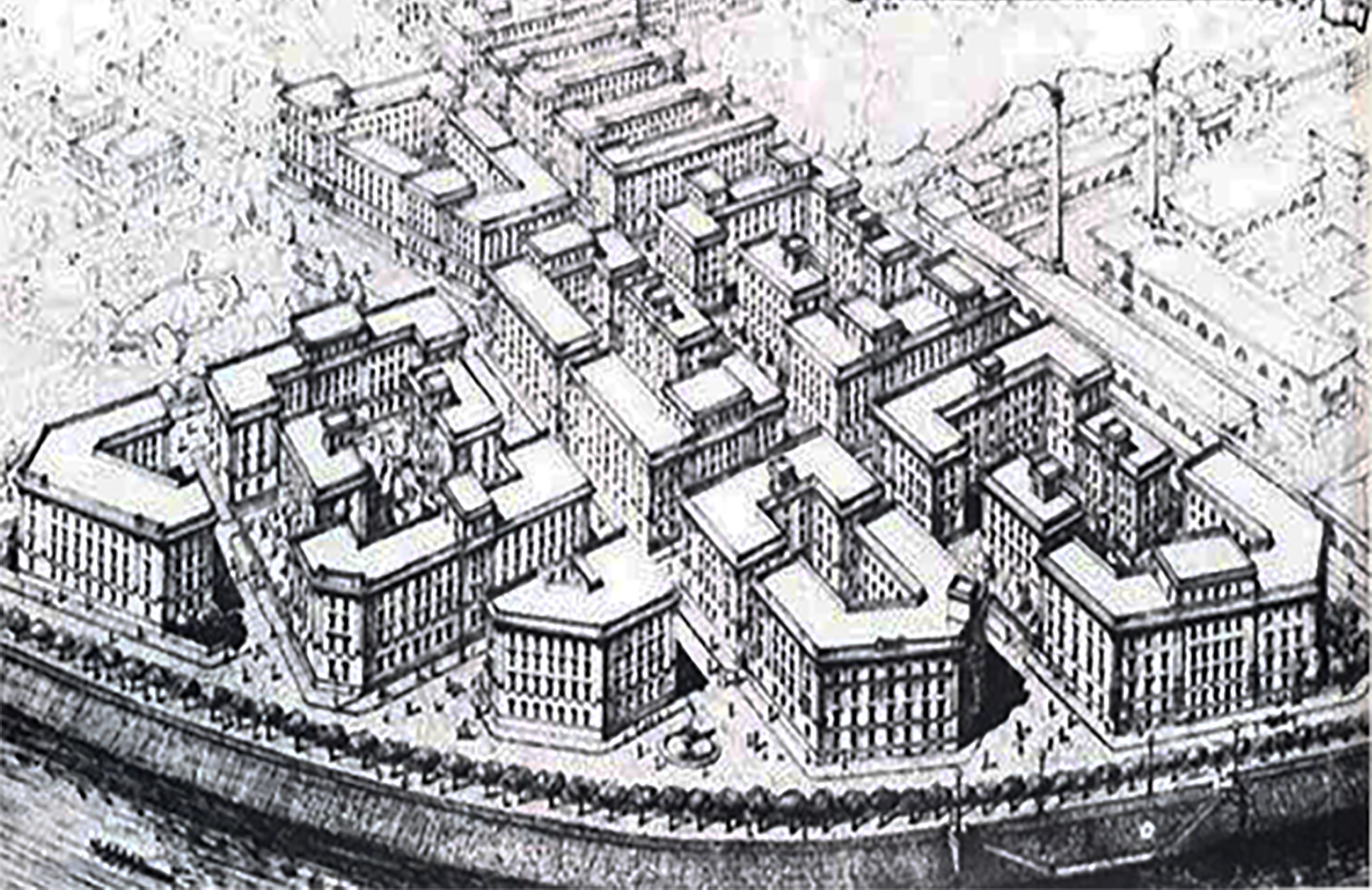Enrolment options

Introduction
This module addresses the broad theme of urban regeneration and ecological transition, emphasizing on environmental enhancement of urban open spaces through experimenting design proposals using principles of sustainable designing, applied to a specific case study.
Through scientific contents and disciplinary knowledge of environmental design, urban design, landscape design and architectural technology, this project-based module provides an introduction to theoretical principles, technological tools and design methods.
The aim is:
- to explore the essential technical aspects for achieving high quality design strategies and implementation outcomes.
- to foster critical thinking, evaluation capacity, and a creative approach to the use, redefine and redesign of urban open spaces to create high-quality and sustainable urban environments.
Aims and Objectives
• This module aims to better understand the different methods and essential tools for investigating the physical components and performative qualities of urban space, by adopting a comprehensive approach and sustainable design process for the built environment, aiming at reduction of hazardous air, water, and soil pollution; reduction of ecological footprint of transformations and resource consumption; well-being improvement and optimization of the outdoor environmental quality. It also attempts to introduce an interdisciplinary perspective on all aspects of how the natural and built environment impacts people and communities.
• Students should provide a design proposal for public spaces of a specific urban context. The design work will focus on the scale of urban fabric.
The investigation and empirical analysis will be gathered through qualitative investigation.
The design work will focus on:
- principles which are related to sustainable urban forms (walkability, diversity, connectivity, greening, mixed-use spaces, community participation, ...) and environmental sustainability aspects (verification of the impact of the intervention on the broader context);
- the evaluation of the bioclimatic factors of the design project (solar control and solar access; natural ventilation, passive heating and cooling, thermo-hygrometric comfort);
- bio-ecological aspects of design proposal (soil management, green and blue infrastructure, eco-compatibility of materials, reusability of components, recyclability of waste and scraps);
- energy consumption (increase in energy efficiency, reduction of energy demand, use of renewable energy, reduction of active system).
Learning Outcomes
At the end of the module, it is expected that students will be able to:
• Develop knowledge and skills in adopting targets for ecological efficiency of the design work, from a theoretical and methodological point of view. The focus is on developing a general technical skill set for environmental design foundations. The students should also acquire proper and specific knowledge of the tools and techniques to adopt to natural and built environment contexts, including verification methods of the environmental, morpho-typological, social and functional efficiency of the project work.
• Ability to apply knowledge to develop a holistic and analytical approach to provide solutions for complex problems related to the process of conservation of natural and anthropic systems. This can be achieved by adopting different compatible actions within the intervention strategies for enhancement of the environmental qualities. It is expected that students will be able to develop an iterative procedural approach to design problems employing acquired skills, techniques, and tools for urban analysis and design strategies and actions at different scales.
• Communication skills: students will need to communicate analyses and design proposals effectively by employing advanced and creative communication methods and media both orally and graphically by using visual 2D+3D representation. These will be achieved by working on design experimentation and course activities that ensure the development of specific communicative and illustrative skills.
• Developing self-assessment ability: developing the ability of self-reflection, which allows students to continuously update and improve the skills in the field of environmental design and, more generally, to adopt proper strategies for eco-efficient technological intervention.
- Teacher: ELNAZ Behnam Kia